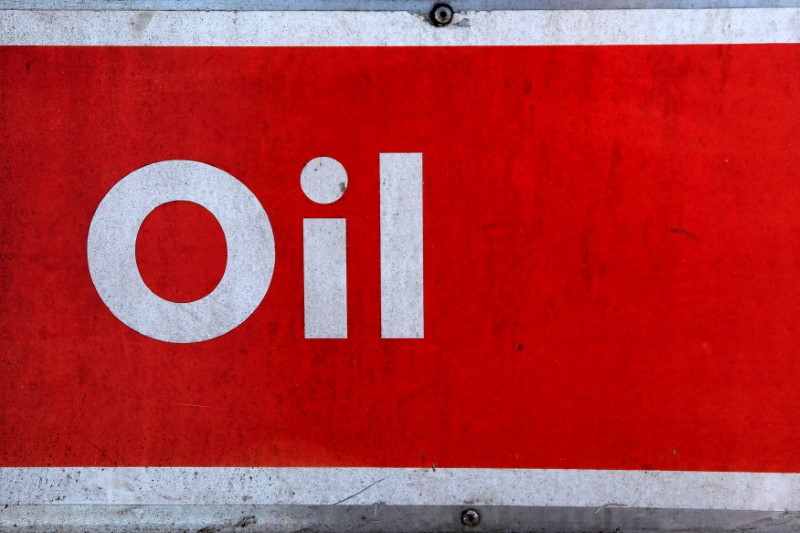By Karolin Schaps
LONDON (Reuters) - Industry group UK Oil and Gas has slashed its estimate of Britain's existing oil and gas reserves by a third, saying weak oil prices have made it less likely that some resources will ever be retrieved.
Oil prices are lingering near lows last seen during the 2009 financial crisis, freezing more than $300 billion in global upstream oil and gas spending in 2015 and 2016.
For Britain, the world's number 21 oil and gas producer, weak investment has brought existing reserves to a five-year low of 6 billion-9 billion barrels of oil equivalent, down from 8 billion-12 billion last year.
"More of the basin's total remaining potential has been downgraded to the less certain resource brackets, reflecting the decreased likelihood of many potential development projects proceeding and the threat of premature cessation of production if the ongoing market downturn persists," Oil and Gas UK said in its annual economic report.
Total spending in the sector in Britain is expected to fall to 19 billion pounds this year, down from 21.7 billion pounds in 2015 and 26.6 billion the year before, the group said.
Companies are also finding fewer new resources because spending on exploration drilling has fallen sharply since the market downturn.
The group expects the number of development wells, those drilled in an area where fossil fuels are proven to exist as opposed to testing unexplored areas, to fall 30 percent this year.
Britain's oil and gas replenishment is so poor that it is now producing at a rate four times higher than the rate at which it is discovering new reserves.
"This is unsustainable," said Deirdre Michie, chief executive of the group.
"Encouraging all forms of drilling, including development, over the next 12 to 18 months will be vital for the industry's future."
Britain is also shutting down more fields than ever, with an average of 20 fields expected to cease production a year from now until the end of the decade.
Last year 21 fields stopped producing, compared with 14 that had initially been expected to stop.
